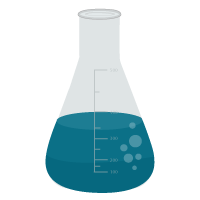DK / EN

1 out of 10 Danish women gets breast cancer in their lifetime, and even more have their breasts removed at a young age as they are genetically disposed to breast cancer. The chance of surviving breast cancer is increasing. That means that even more women live with aftereffects from their breast cancer treatment. These include physical, mental and psychosocial aftereffects.
”The purpose of the study funded by the Vissing Foundation is to investigate the effects of breast reconstruction and to investigate long-term side effects, including the development of lymphoedema, movement of the arm and the connection between the type of breast cancer and subsequent reconstruction, the reconstruction method and the time of the reconstruction. Furthermore, we’ll investigate how women going through breast cancer and subsequent breast reconstruction are mentally impacted. What happens to their quality of life? And what about the fear that the cancer will come back and the risk of developing a depression – even many years after surgery?” says Cecilie Mullerup Laustsen-Kiel, Registrar, Department of Plastic Surgery and Burns Treatment, Rigshospitalet.
The researchers observe the patients for 10 years after surgery.
”Obtaining more knowledge of the long-term side effects compared to the knowledge that is available today is important. An analysis of our data will improve the understanding of the process for patients getting breast reconstruction. In the future, this may contribute to optimising the breast reconstruction process with as few side effects as possible and with the highest possible physical and mental well-being for many years after the reconstruction for each person,” says Cecilie Mullerup Laustsen-Kiel.